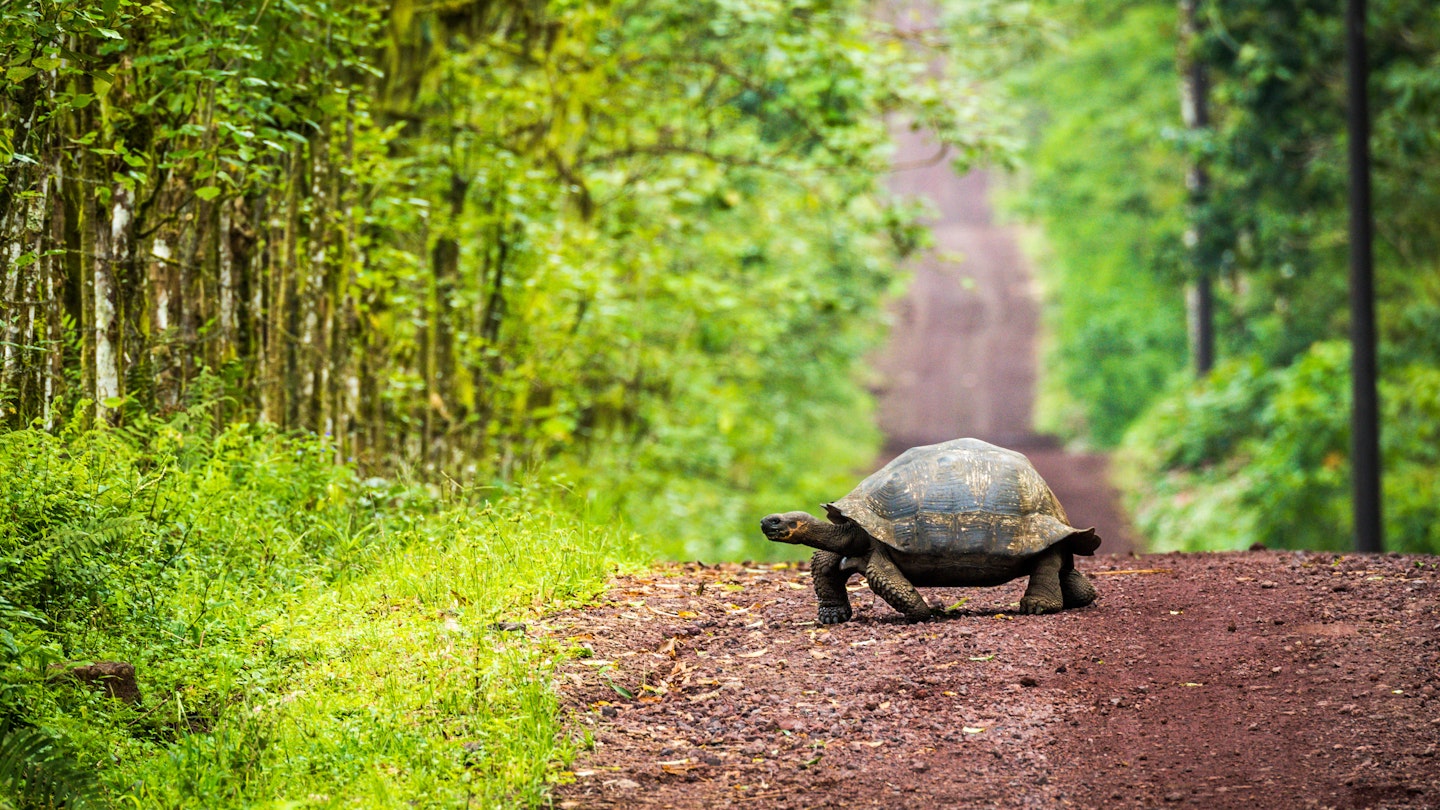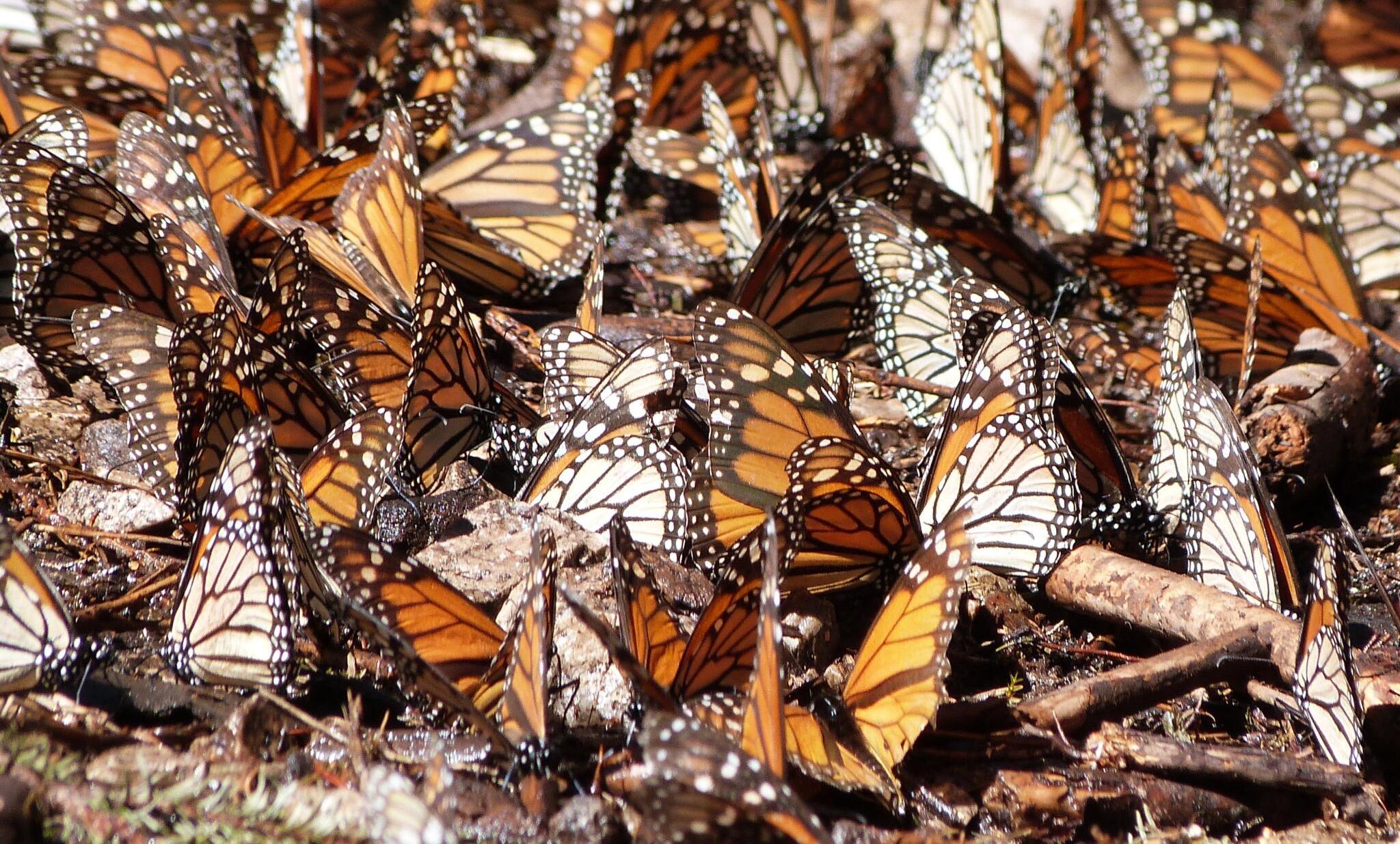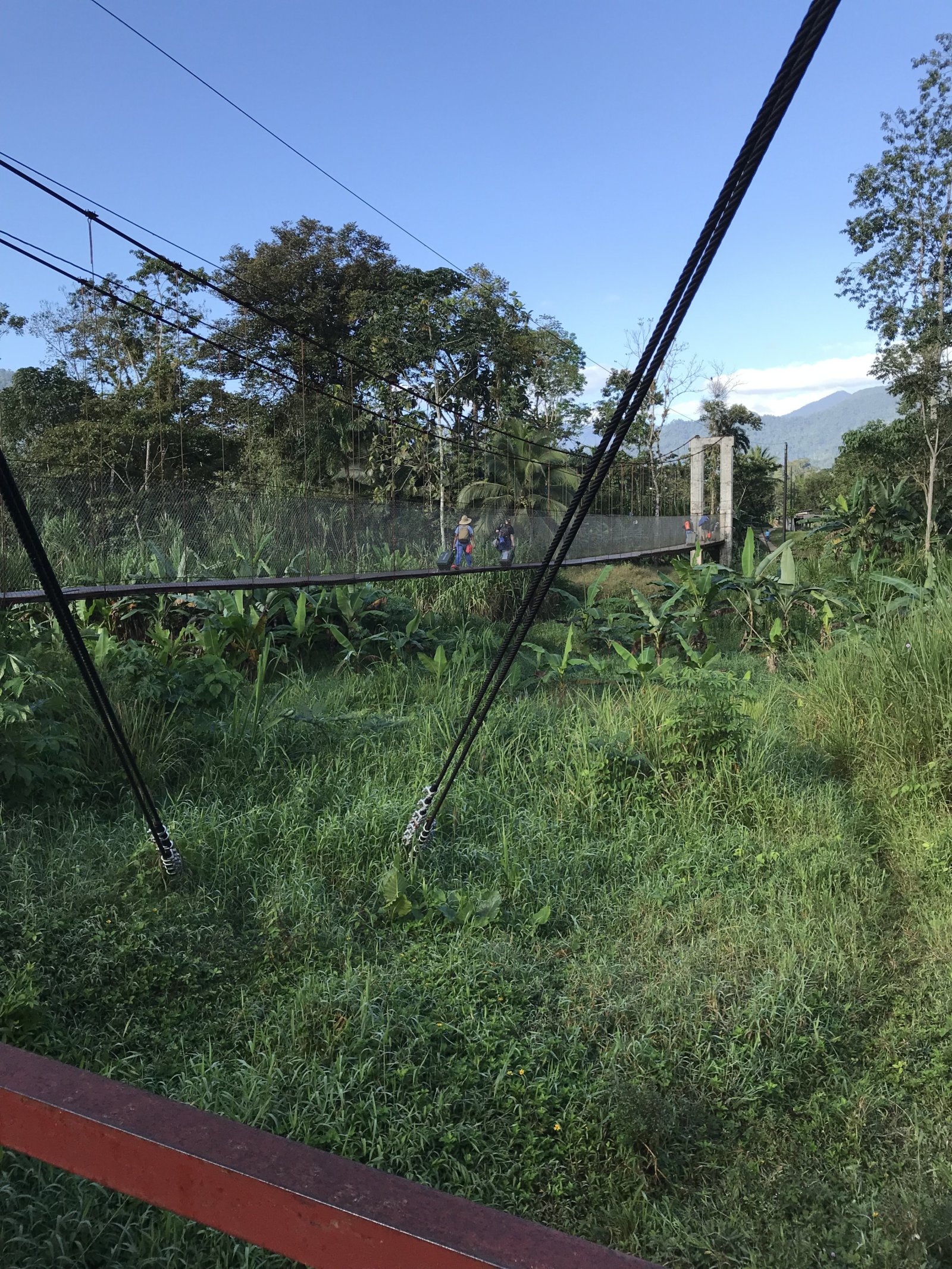Rewilding the Galápagos Islands: A Conservation Initiative
This week, actor Leonardo DiCaprio announced funding of $43 million towards an ambitious rewilding project in the Galápagos Islands that aims to protect its fragile ecosystem and reintroduce 13 locally extinct species, including the Floreana mockingbird—one of the rarest birds in the world.
The funding will support the launch of Re:wild, a global conservation charity that builds upon decades of work by local communities and conservationists, including the Galápagos National Park Directorate and Island Conservation. Working with these organizations, DiCaprio, a founding member of Re:wild, stated that the charity will “amplify and scale the local solutions being led by Indigenous peoples and local communities.”
Reintroduction of Locally Extinct Species
One of its first commitments is the introduction of 13 locally extinct species to the Galápagos, including pink iguanas, giant tortoises, and the Floreana mockingbird. This incredibly rare bird is said to have inspired Charles Darwin. Unfortunately, it has vanished from Floreana Island due to the introduction of invasive mammals such as feral cats and rodents. These species not only threaten the ecosystem but also jeopardize local livelihoods by compromising food security and reducing the number of endemic plants that attract tourists to the region.
Paula A. Castaño, a local wildlife veterinarian with Island Conservation, emphasized the urgency of the situation. “Time is running out for many species. Galápagos’ pink iguanas, Floreana mockingbirds, and other wildlife may soon be lost forever without action,” she explained. Regarding Re:wild, Castaño noted, “We know how to prevent these extinctions and restore functional and thriving ecosystems—we have done it—but we need to replicate these successes, innovate, and go to scale.”

Community Engagement and Sustainable Practices
In addition to efforts to control and eliminate introduced species, Re:wild is also focused on protecting Galápagos’ marine resources. Ecotourism is evolving more sustainably, taking into account the local community’s needs and goals by offering support through workshops and engagement. Castaño pointed out the necessity of involving the entire community for the project’s success.
“In this scenario, you need to have the community as part of the project; otherwise, you are unlikely to succeed,” she stated. “Once you remove invasive species, you need to protect the island and prevent new species from returning. The biosecurity aspect is crucial, so if the community is not engaged in this, it will not happen.”

There is nowhere quite like the Galápagos. It represents the ultimate natural paradise. Today, 98% of the archipelago is a National Park, where you can see the very creatures that inspired Darwin to formulate the theory of evolution. This makes it one of the top natural tourist destinations in the world. However, the Galápagos’ delicate ecosystem is easily disrupted, and conservationists have reached a critical point in the biodiversity crisis.





